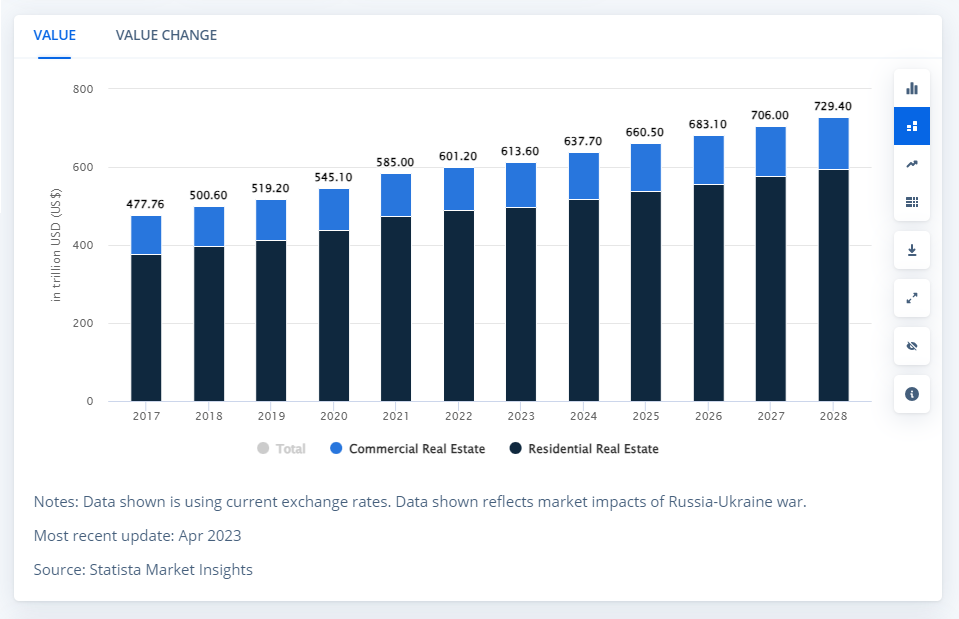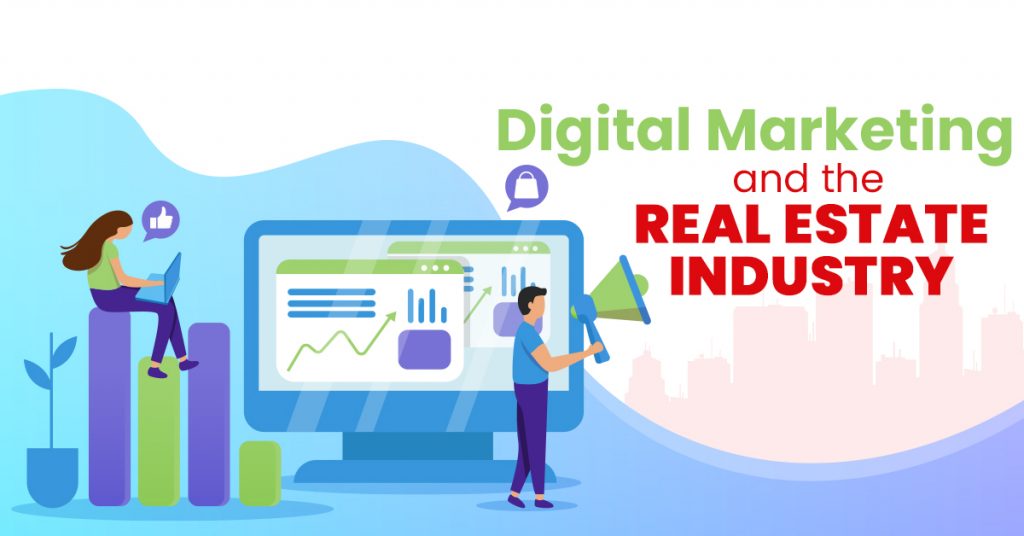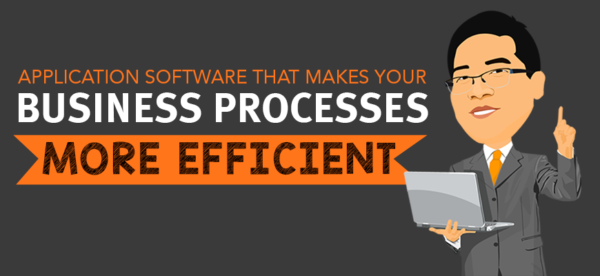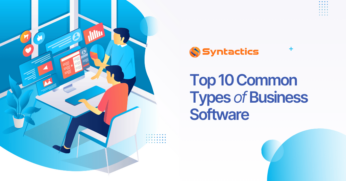
Property Management Systems and Real Estate
Real estate is a popular industry to invest in. However, one can only expect to gain money from tenants if their buildings are presented and managed well. So, you need Property Management Systems from a professional Software Developer for your real estate business.
Being a real estate owner is certainly a way to get a steady cash flow. However, it’s not a walk in the park either. If you want money, you work for it; the same is true even for the thriving real estate industry.
Say you’re a new property owner and intend to tackle everything with a dedicated team of professionals. Here’s what you must contend with:
- Filling up your properties with tenants.
- Handling utility issues.
- Tenants who are delinquent with payments.
- Developing reports regarding monthly performance (especially if there seems to be a discrepancy in the written records.)
If you’re a real estate property owner who dislikes complications, a dedicated Business Application Software could be your saving grace. Expert Software Developers from the Philippines are equipped with the capabilities to tailor such a system to your needs!
The Systems, Specialized According to Industry
A Property Management System centralizes the organization of accommodations businesses and residential properties by organizing and scheduling. In general, it covers the daily tasks of a particular property.
In truth, any business that requires in-house management and organization can utilize a PMS. But, the main system types focused on in this article are as follows:
Local Government.
Property Management Systems created by a Software Developer from the Philippines can monitor properties under a government’s care or jurisdiction. Think of it this way: A certain City Hall rents market stalls. The system oversees contracts connected to stalls and helps the office identify Property Availability.
The PMS also records information such as profiles of their renters and how long they will rent the space. Thus, depending on the arrangement, it’ll handle billing and payment, which will recur monthly or yearly.
Also, a PMS generates automatic monthly invoices and configures penalty payments. In this manner, it keeps a system of accounts. Additionally, Rental Receivable Monitoring Systems can help with collections.
Commercial Properties and Real Estate.
Business owners may be handling one large property, holding multiple properties, or even both. Property Management Systems can significantly help oversee smaller-scale matters for all properties, such as:
- Managing building maintenance;
- Tracking expenditures; and
- Collecting rent.
Real Estate Management System vs. Rental Property Management System
The value of real estate will only continue to rise as time goes on. Thus, property managers and business owners must utilize the proper technology to assist with their workflows. Fortunately, Software Developers in the Philippines specialize in creating these software or applications.

Source: Statista.
We’ve already covered the advantages of Property Management Systems. So, this section will consider the differences between Real Estate Management and Rental Property Management.
Both seem to encompass handling buildings in which people take up residence, but there are main differences for both:
Real Estate Management System
REMS, or a Real Estate Management System, manages properties and automates most of its routine tasks. The system is also called a Real Estate Property Management System.
The most basic tasks of a real estate manager are to assess an applicant from top to bottom and legally execute the agreement between parties. But together with the system, the manager can smoothly conduct estate transactions from beginning to end, such as:
- Setting up the property details;
- Recording sales; and
- Computation of agents’ commissions.
Best Fit for What Business?
As the name states, Real Estate deals with land and buildings. Buildings fall under two categories:
- Horizontal development (housing structures less than three stories tall) or
- Vertical development (buildings over three stories tall, such as skyscrapers).
Features of a Real Estate Management System
- Property Profiling
- Agents and Agency Profiles
- Property Booking and Sales
- Recording of Payments and Other Charges
- Generation of Reports, like schedules of payments and sales summaries
- Property Management and Monitoring
Benefits of a Real Estate Management System
- Scalable
- Provides Security
- Manages and Monitors Property Conditions
- Real-time Communication
- Automates Routine Tasks
- Expedites Payment Processes
- Data is Always Backed Up
Rental Property Management System
A Rental Property Management System helps owners and managers run their daily operations. These regular tasks include the following:
- Including managing and tracking tenant information;
- Accounting and billing;
- Maintenance; and
- Posting vacancies online.
Best Fit for What Business?
Rental Properties can refer to apartments or standalone homes. So, landlords oversee them, and tenants or renters pay rent monthly.
Features of a Rental Property Management System:
- Renter Application Handling
- Tenant Information Database
- Rent Payment Tracking
- Automated Vacancy Handling
- Maintenance and Upkeep Directory
- Accounting and Financial Manager
Benefits of a Rental Property Management System:
- Saves Time and Money
- Gives Access to Data at Any Time
- Provides Security
- Scalable and Handles as Many Properties as Needed
What’s the Difference?
The software for both types of businesses is similar in that they assist in supervising properties. Still, the properties themselves are different and therefore have different needs.
Rental properties tend to be more available than real estate. Usually, tenants stay in said properties for some time before leaving, and landlords must select suitable tenants to replace them. On the other hand, real estate expects a more extended arrangement with their clients.
In addition to these differences, each institution employing a Property Management System has different needs. Therefore, the difference between two systems for a pair of businesses can be as night and day—even if their types are similar!
When requesting a management system for your business, whether a REMS or an RPMS, ensure that it fits your business needs like a glove. Then, it is advisable to speak to expert Software Developers in the Philippines!
You should avail of custom software solutions or Applications for your chosen system that best fits your company processes and requirements.
Common Hurdles in Property Management Businesses
Handling property is no joke, whether you’re handling one or ten. No matter the nature of their properties, these are the most common problems that property owners have to deal with:
- Rent Payment Issues
- Accounting Issues
- Legal Issues
- Employing Quality Staff
- Bringing in and Retaining Trustworthy Tenants
- Tenant/Renter Complaints and Other Issues
- Communication With Employees and Tenants/Renters
- Maintenance Issues, Property Damage, and Unforeseen Costs
- Time Management and Organization
The PMS software lets an institution centralize and streamline its operations by:
- Managing separated properties;
- Coordinating records; and
- Monitoring materials or equipment for larger projects.
So, through these processes, the software assists a real estate business owner immensely. Thus, people in the real estate industry need specialized apps or software to improve their business’ efficiency.
Advantages of a Property Management System
Now that we’ve covered the problems you’ll encounter as a property owner, we can tell you that you won’t have to worry about them for long. Likely, you and your team may not have the expertise when it comes to designing a real estate website, software development, etc.
Business owners can do their jobs well enough now. But with the assistance a PMS provides, they can focus even more on delivering outstanding service.
Regardless of whether it’s real estate or otherwise, here’s how Property Management Systems help your business:
Handles Relevant Data
A property owner can also keep track of receipts, invoices, and communication logs, especially regarding transactions and maintenance. Here, one can also view the types of saleable units.
Also, once an agent makes a sale, they must input pertinent customer information into the system. Additionally, if there are any special prices for specific contracts, they should be noted.
Property Contract Monitoring
The legal clauses in the contract should be readily accessible via the PMS. As a result, they can know what the management company agreed on and what they and the tenant can and cannot do. Also, it should contain the exact date that the client started their lease and the date that the client will withdraw from the lease.
Schedules Maintenance or Cleaning
Scheduling maintenance is necessary for any institution with facilities or equipment that require upkeep. It’s also advantageous if you’re still building a property and need to schedule and keep track of the payables for your suppliers. Many PMS have calendars that can help keep track of such important dates.
Profiles Clients and Agents
When renting properties, it’s good to keep relevant data about your renters on hand. With essential information, you can create a profile for ideal clients. So, you’re free to narrow the pool of potential renters to those likely to be outstanding renters who can pay on time.
The PMS can also handle and organize contacts of those directly aiding you in managing the business.
Supports Payment Options
Tracking payments, online and cash alike, will be a cinch with the system. Also, the software will consider the payment channels, such as bank financing or home development fund loans. Then, you have to input the payments and reservation fees, and your system will do the rest.
Handling Finances and Accounting
The PMS can help you find where you stand financially and make adjustments for the betterment of the business. The system records rates, charges, and—since the system is automated—penalties.
For instance, a system-generated penalty will occur five days after the due date if a client has not paid rent. Furthermore, the system should also be able to generate recurring invoices.
Manage Your Pricing Better
You can look at internal data with the PMS. With it, you can calculate future pricing strategies. As Landlord Studio says, “Proper real estate data analysis allows you to spot any inefficiencies and discover new opportunities.”
After all, reports are vital for running any business, be it the performance evaluations of the real estate agents employed by the agency or the agency itself.
Overview
As you can see, any business can use and flourish with a Property Management System created by expert Software Developers.
They’re capable of many things, most true across all types of PMS. Nevertheless, they are at their most practical when they serve the unique needs of the business they were made for.
Property Management Systems are an asset that will allow you to better manage your business by removing all the inefficiencies and leaving you with only what is necessary. So, find a good software developer in the Philippines like us to meet your needs, requirements and budget.





















Comment 0